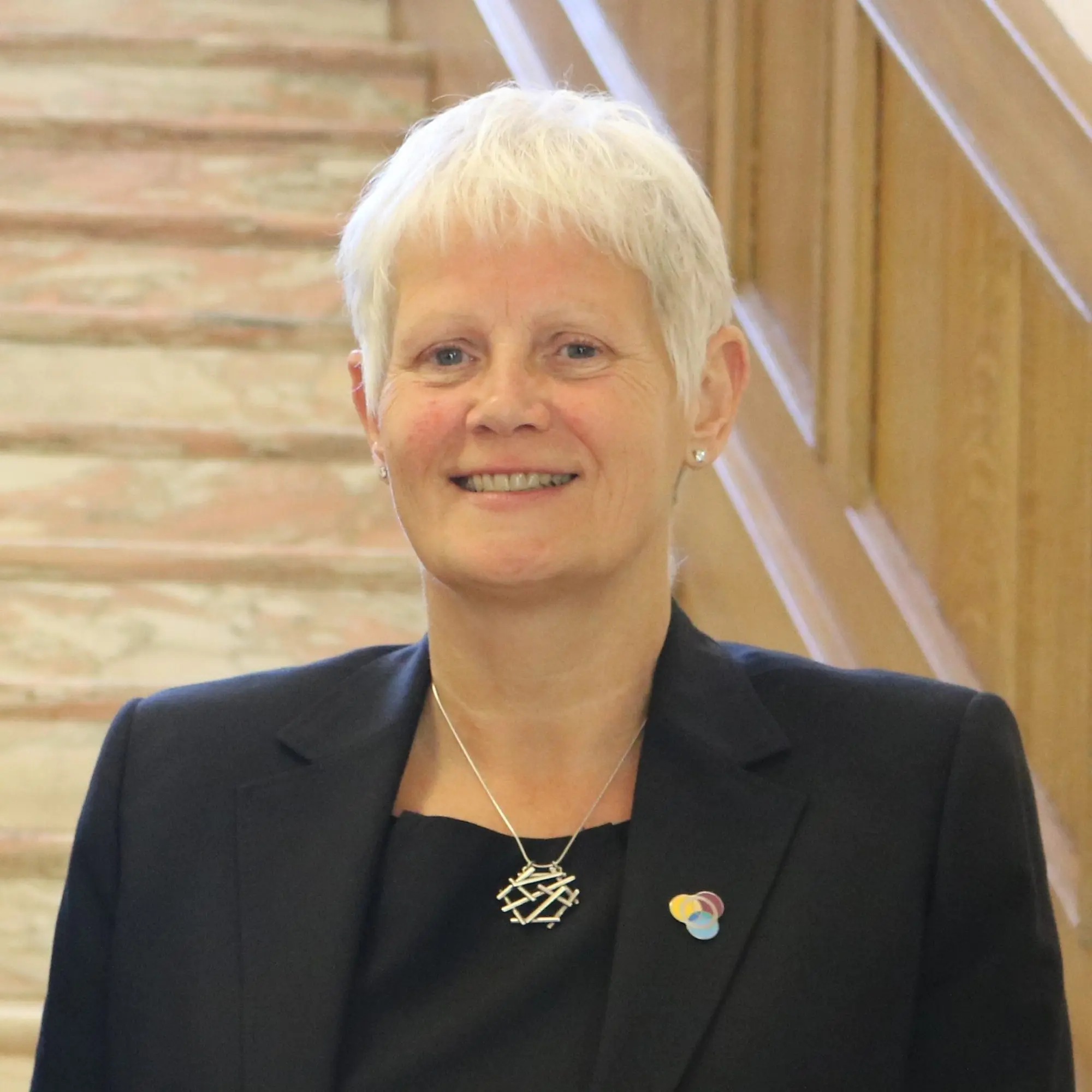Rowcroft’s Chair of Trustees sheds some light on the role of our trustees
As a charity, Rowcroft relies on the hard work and dedication of many people to fulfill its purpose of providing specialist end-of-life care to those in need. One group of individuals who play a vital role in ensuring the success of the organisation are the trustees. But what exactly is a trustee, and what is their role within the hospice?
Legal responsibility
According to the Chair of Trustees at Rowcroft Hospice, Sally Scott-Bryant, “Trustees are the people who have a legal responsibility for making sure that the charity is doing what it’s meant to be doing. They’re the ones who must make sure that the charity is following all of the appropriate rules and regulations, and that it’s using its resources in the best way possible to achieve its aims.”
Trustees as guardians
In essence, trustees are the guardians of the charity’s values and purpose, ensuring that they are upheld and put into practice in everything the hospice does. They have a duty to act in the best interests of the charity, and to ensure that it remains true to its purpose.
A rewarding role
But being a trustee is not just about ticking boxes and following rules. As Sally explains, “Being a trustee is a very rewarding role, because you have the opportunity to make a real difference to people’s lives. You get to see first-hand the impact that Rowcroft is having on the community, and that can be incredibly satisfying.”
At Rowcroft Hospice, the trustees play a crucial role in guiding the organisation’s strategic direction and ensuring that it remains financially sustainable.
But perhaps most importantly, the trustees are there to provide support and guidance to the staff and volunteers who work tirelessly to deliver the hospice’s services. “Whilst our role is not operational, we’re here to be a sounding board and to help to overcome any challenges that Rowcroft may face,” says Sally.
Making a difference
Ultimately, the role of a trustee at a charity like Rowcroft Hospice is one of service and commitment. It requires a deep passion for the organisation’s purpose of providing end-of-life care and a willingness to put in the time and effort necessary to ensure its success. But for those who are up to the challenge, it can be an incredibly rewarding and fulfilling role, with the potential to make a real difference to the lives of those in need.

